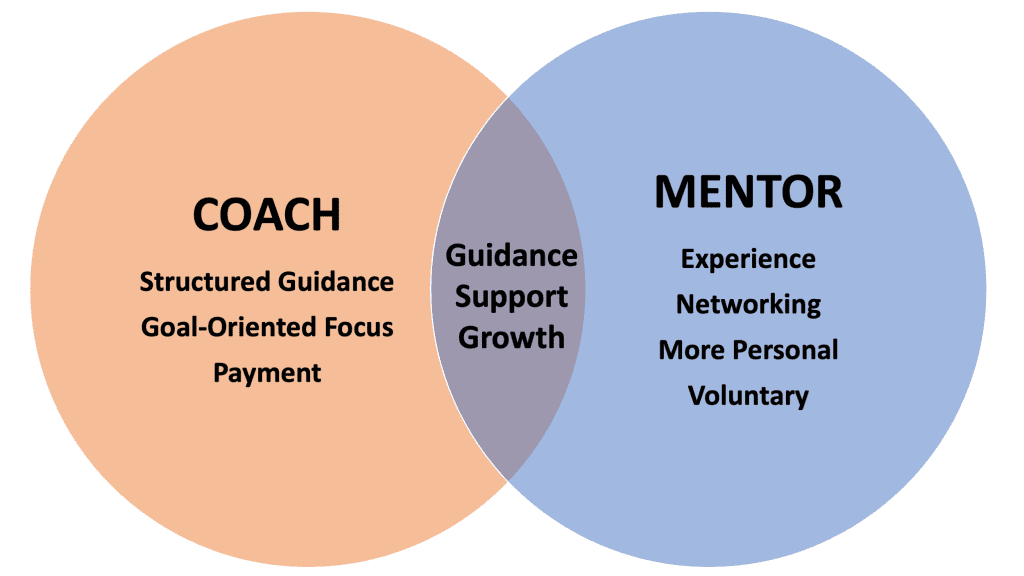In the dynamic realm of creativity, the guidance and support one receives can significantly impact one’s journey. For photographers, videographers, and producers, the presence of a coach or mentor can be invaluable. Often used interchangeably, these roles bring distinct perspectives and functions to the table, each crucial in its own right.
Coach:
A coach is typically a professional who provides structured guidance, often in exchange for payment. Here’s why having a coach is vital for creatives:
- Skill Enhancement: Coaches offer targeted skill development. This might involve refining composition techniques or mastering advanced editing software for a photographer.
- Accountability: They keep you on track with set goals, ensuring consistent progress and growth. This structure can significantly benefit those managing their creative pursuits alongside other commitments.
- Objective Feedback: Coaches provide constructive criticism, helping you identify blind spots and areas for improvement.
- Efficiency: They help streamline workflows and strategies, maximizing productivity without compromising quality.

Mentor:
On the other hand, a mentor is someone with experience in the field, often providing guidance voluntarily. Here’s why having a mentor is crucial:
- Wisdom and Experience: A mentor shares insights from personal experiences, offering invaluable advice beyond technical skills.
- Networking and Connections: Mentors can introduce you to their network, opening doors to collaborations, opportunities, and exposure within the industry.
- Long-term Perspective: They guide not just on immediate projects but also on long-term career paths and personal development.
- Emotional Support: Mentors offer emotional and moral support, understanding the challenges of the creative journey.
Overlapping and Differences:

In a Venn diagram showcasing the differences and overlaps between coaches and mentors, the overlapping center represents areas where both share similarities—guidance, support, and growth. The Coach Circle emphasizes structured guidance, payment, and goal-oriented focus. Meanwhile, the Mentor circle highlights experience, networking, and the relationship’s more personal, voluntary nature.
Why You Need Both:
As a creative navigating the complex world of photography, videography, or production, having a coach and a mentor can be transformative. A coach provides targeted, skill-focused assistance, enhancing your technical abilities and keeping you disciplined. Simultaneously, a mentor contributes wisdom, guidance, and emotional support, ensuring a holistic approach to your growth.
In conclusion, while the financial aspect distinguishes a coach from a mentor, both are invaluable assets to a creative professional. The convergence of structured guidance and experienced wisdom can propel your creative journey to new heights, ensuring a well-rounded, fulfilling career in the artistic realm.

